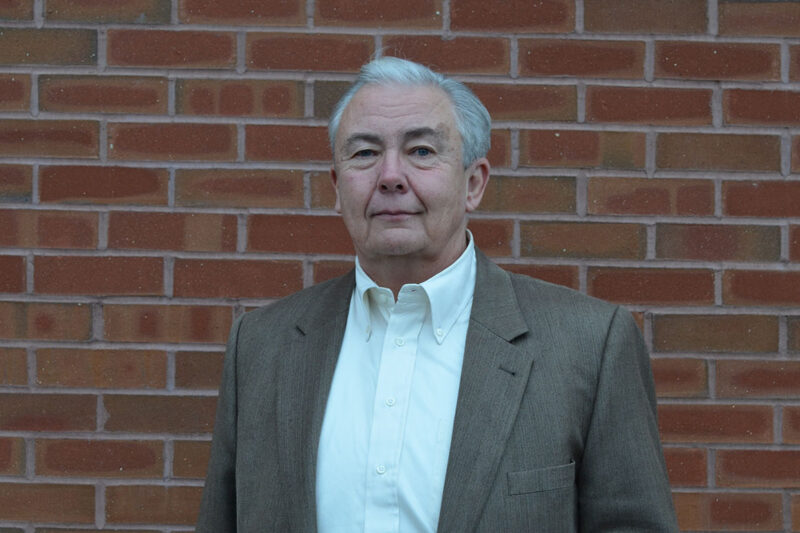
All my life, I've known I was different.
My mother really wanted a girl, and as far as she knew, she got one when I came along. Except she didn't. By the time I was five, I knew I wasn't a girl. It drove her crazy that she couldn't get me to wear anything but pants, that I only wanted to play with “boys' toys,” that I had the gall to insist that a doll given to me by my grandmother was a boy. But that was in the mid-1950s, and the concept of “transgender” wasn't even on the radar.
I'm 63 now. I've spent the years in between trying to survive, working hard to make life bearable as a gender-nonconforming woman, and it hasn't been enough. I've fought depression all my life, and a few years ago I collapsed from the misery of it, and so did the woodworking business it took me 20 years to start and build. I was lucky, though. I had support from friends and family, and Minnesota’s public healthcare program, Medical Assistance, covers mental health and non-surgical forms of transgender health care. I made it out of the depression alive, came to terms with being transgender, and began to transition to male. I started hormone therapy (testosterone) almost two years ago, and I legally changed my name and gender a few months ago. I'm now seen as the man I am. It feels great. I sort of wish I weren't going bald, but if that's the price of living comfortably in this world, I'll gladly pay it.
The testosterone has done a lot to alter my appearance, but it hasn't alleviated the pain of living in a female body. In fact, as I've become more at ease in a male identity, the incongruence I feel between self and body has increased.
For transgender people who feel this level of dysphoria, the next step is surgery to align the body with the mind. Transition-related surgery can include chest surgery, removal of reproductive organs, genital reconstruction, and other procedures. Medical Assistance excludes them from coverage, even though decades of research have shown these surgeries to be medically necessary. Nearly all of these surgeries are covered for people with other diagnoses, but they're denied for gender dysphoria. This is harmful to the mental and physical health of many transgender people, and it's also unjust: Transgender people have the same right to health care as everyone else. This is why, with the help of the American Civil Liberties Union and the ACLU of Minnesota, I'm challenging Minnesota’s ban on Medical Assistance coverage of this important part of health care for transgender people.
It's hard to disentangle the physical, emotional, and social consequences of untreated gender dysphoria.
The distress of gender dysphoria and the stigma attached to being transgender are each enough to lead to all sorts of emotional problems. Our suicide rates are alarmingly high: The best-known study found that over 40 percent of trans people had attempted suicide at some point, compared to less than five percent of the general population. This rate goes down dramatically among people who receive medical treatment for dysphoria, and the farther along they are in their transitions, the lower it goes. Many trans people, especially transgender women of color, go about their business literally in fear of their lives: They're assaulted and murdered frighteningly often.
I long for the day when we'll be accepted as we are, and I know I'm fortunate compared to these sisters of mine. In fact, I'm sometimes taken aback at being treated like a white male, with the privilege that entails: People listen to me. They don't judge me on my looks, and I feel pretty safe in my daily life. But without surgery, I can't escape the dissonance between my body as it is and the way my brain insists it should be. If I had a flat, firm chest instead of the weight and softness of breasts, I could hold my head up and stand tall and proud. I could look in the mirror and be at peace with my own image. I could, maybe, learn to love my whole self.

